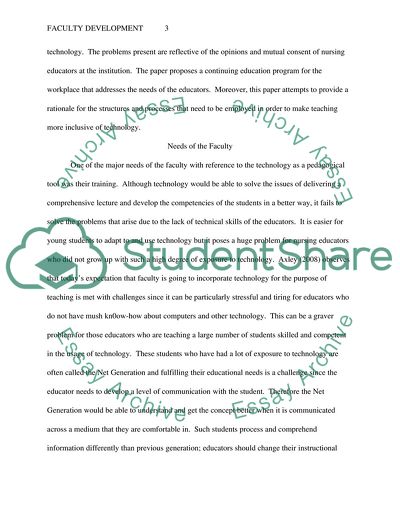Cite this document
(Faculty Development: Technology Training For Nurse Educators Research Paper, n.d.)
Faculty Development: Technology Training For Nurse Educators Research Paper. Retrieved from https://studentshare.org/education/1739950-faculty-development-technology-training-for-nurse-educators
Faculty Development: Technology Training For Nurse Educators Research Paper. Retrieved from https://studentshare.org/education/1739950-faculty-development-technology-training-for-nurse-educators
(Faculty Development: Technology Training For Nurse Educators Research Paper)
Faculty Development: Technology Training For Nurse Educators Research Paper. https://studentshare.org/education/1739950-faculty-development-technology-training-for-nurse-educators.
Faculty Development: Technology Training For Nurse Educators Research Paper. https://studentshare.org/education/1739950-faculty-development-technology-training-for-nurse-educators.
“Faculty Development: Technology Training For Nurse Educators Research Paper”, n.d. https://studentshare.org/education/1739950-faculty-development-technology-training-for-nurse-educators.


